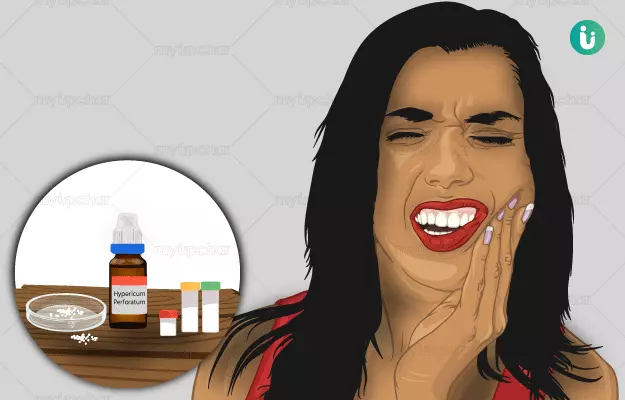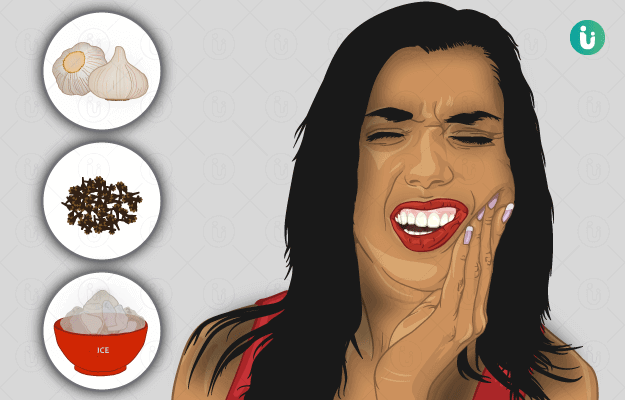Pain in the tooth or the region surrounding teeth or jaw is usually referred to as toothache. It is generally caused by tooth decay, tooth fracture, improper filling of a tooth or inflammation in gums. Tooth pain can be sharp or dull and constant or intermittent and it worsens at night, especially while lying down. Consuming cold and hot foods or drinks may also worsen the pain.
Toothache usually occurs as a result of inflammation of the pulp, which forms the inner layer of teeth. Dental caries is the most common cause of toothache. Periodontitis and gingivitis can also lead to pain in teeth and jaw.
Consult your dentist if you suffer from toothache for more than 2 days or have fever or swelling in the jaw. If left untreated such toothache may get worse, especially if the pulp gets infected and results in pus formation. A dentist will examine your mouth thoroughly and may take an x-ray to confirm the cause of toothache. Caries is usually treated by removing the decayed part of teeth and replacing it with a filling. However, if the decay is beyond repair, removal of teeth may be advised.
Homeopathic treatment is mainly useful as an adjunct in the field of dentistry for conditions ranging from mild pain as a result of a dental cavity to chronic conditions such as dental anxiety and recurrent dental caries. It can be used as a first aid painkiller for toothache before visiting the dentist.































